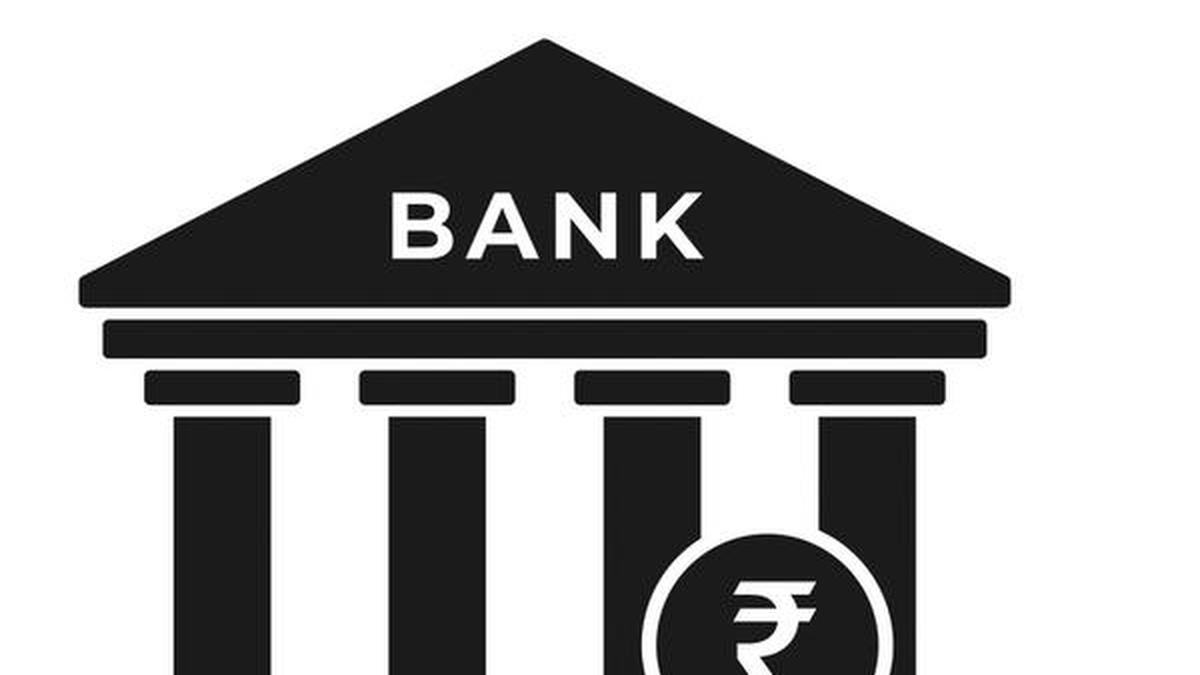Copyright Newsweek

U.S. senators have issued a warning for student loan borrowers, as tax bills of up to $10,000 may hit in 2026. Beginning January 1, student loan debt forgiveness could carry a high tax liability. While student debt forgiveness was exempt from federal income tax since the passage of the American Rescue Plan in 2021, that provision will expire at the end of 2025. Why It Matters Millions of Americans enrolled in federal student loan forgiveness programs risk facing potentially large federal tax bills beginning in 2026 due to legislative and regulatory changes set to take effect. Lawmakers and advocacy groups have raised alarms that these unforeseen costs could devastate borrowers who have long counted on income-driven repayment (IDR) programs to eventually deliver debt relief after decades of payments. The concern centers on the expiration of federal tax exemptions for forgiven student debt and the ongoing overhaul of repayment programs, which together may leave borrowers financially exposed just as their relief arrives. The impact could be especially severe for low- and middle-income recipients, many of whom have limited savings and are unprepared for a sudden spike in their taxable income. What To Know The incoming tax liability has prompted urgent appeals from U.S. senators and advocates who argue that the changes undermine the core promise of the IDR system and threaten the financial security of millions of borrowers. A new letter from nine U.S. senators—including Democrat Elizabeth Warren of Massachusetts and independent Bernie Sanders of Vermont—to Treasury Secretary Scott Bessent and the IRS explicitly warned of this impending "tax bomb." The senators argue that subjecting IDR debt forgiveness to income tax would defeat the program's intended safety net function and could force borrowers into financial crisis. They urged the Treasury and IRS to make the tax exemption permanent or find regulatory solutions before the deadline. "By punishing IDR beneficiaries with massive tax bills, the federal government undermines the very purpose of the IDR program and reneges on its promises to borrower," Warren wrote in the November letter. According to nonprofit advocacy group Protect Borrowers, a typical borrower with around $49,000 in forgiven debt could face a federal tax bill from $5,800 to $10,000, with those holding greater balances exposed to even higher liabilities. "Someone getting $50k forgiven could owe $11k to the IRS. Turning long promised relief into well, grief instead of relief. Congress hasn't acted to extend the exemption, and that's the real problem," Michael Ryan, finance expert and founder of MichaelRyanMoney.com, told Newsweek. Under Trump's One Big Beautiful Bill Act, signed in July, the Department of Education (DOE) will introduce the Repayment Assistance Plan (RAP), a new income-driven plan that requires higher monthly payments, does not adjust for inflation and imposes minimum payments even for borrowers with no income. Borrowers must consolidate into RAP or the Standard plan if they take out new federal loans or consolidate their debt after July 1, 2026. Existing IDR participants may remain but face delays in receiving forgiveness due to the ongoing pause. The expiration of the tax exemption and restructuring of repayment plans have confused and concerned borrowers, many of whom have spent 20 to 25 years making payments in anticipation of eventual debt discharge with minimal additional financial consequence. These changes could result in large, unexpected federal tax bills for borrowers who are least able to afford them, particularly if debt relief is delayed past 2025. Roughly 3 million borrowers are currently enrolled in IDR, but the policy overhaul and sunset of other programs could push millions more into RAP or other less favorable options in coming years. At the same time, the DOE has paused discharges for IDR borrowers to comply with ongoing court injunctions, further complicating prospects for timely forgiveness. What People Are Saying Ryan also told Newsweek: "We told borrowers 'pay what you can for 20 years and we'll forgive the rest'. But we buried the fine print that forgiveness triggers a tax bill they can't afford. It's not real relief if you just trade student debt for IRS debt. This also kills the incentive to enroll in these plans going forward." Alex Beene, financial literacy instructor for the University of Tennessee at Martin, told Newsweek: "Obviously, most former student loan borrowers would perceive their forgiveness to financially be a great thing, as any outstanding balance after years of repayment was eliminated. However, that elimination could come with tax consequences starting in 2026, as a provision that eliminated taxes on these student loan repayment initiatives passed in 2021 is expiring. That could equate to hundreds or even thousands of additional dollars attached to one's tax bill, dollars some may not be expecting." Michele Zampini, associate vice president of federal policy and advocacy at The Institute for College Access & Success, told Newsweek: "Student borrowers should not be hit with a nonsensical tax bill after making responsible payments for two-plus decades, particularly since the borrowers who end up receiving forgiveness are those whose income has been so low for such a long period of time that the federal government has agreed to discharge their remaining debt burden. It serves no policy goal for the government-as-lender to forgive debt so that a borrower may move on — only to have the government-as-tax-collector immediately demand further payment." What Happens Next The looming tax issue stems from provisions in the American Rescue Plan Act of 2021 that temporarily exempted forgiven student loan debt from federal income tax. This exemption is set to expire on December 31. Unless Congress acts, any balances forgiven through IDR plans after January 1 will be treated as taxable income by the IRS. "Who signs up for a 20-year payment plan knowing there's a tax grenade at the finish line? Without action, this defeats the entire purpose of income-based repayment as a safety net," Ryan said.



